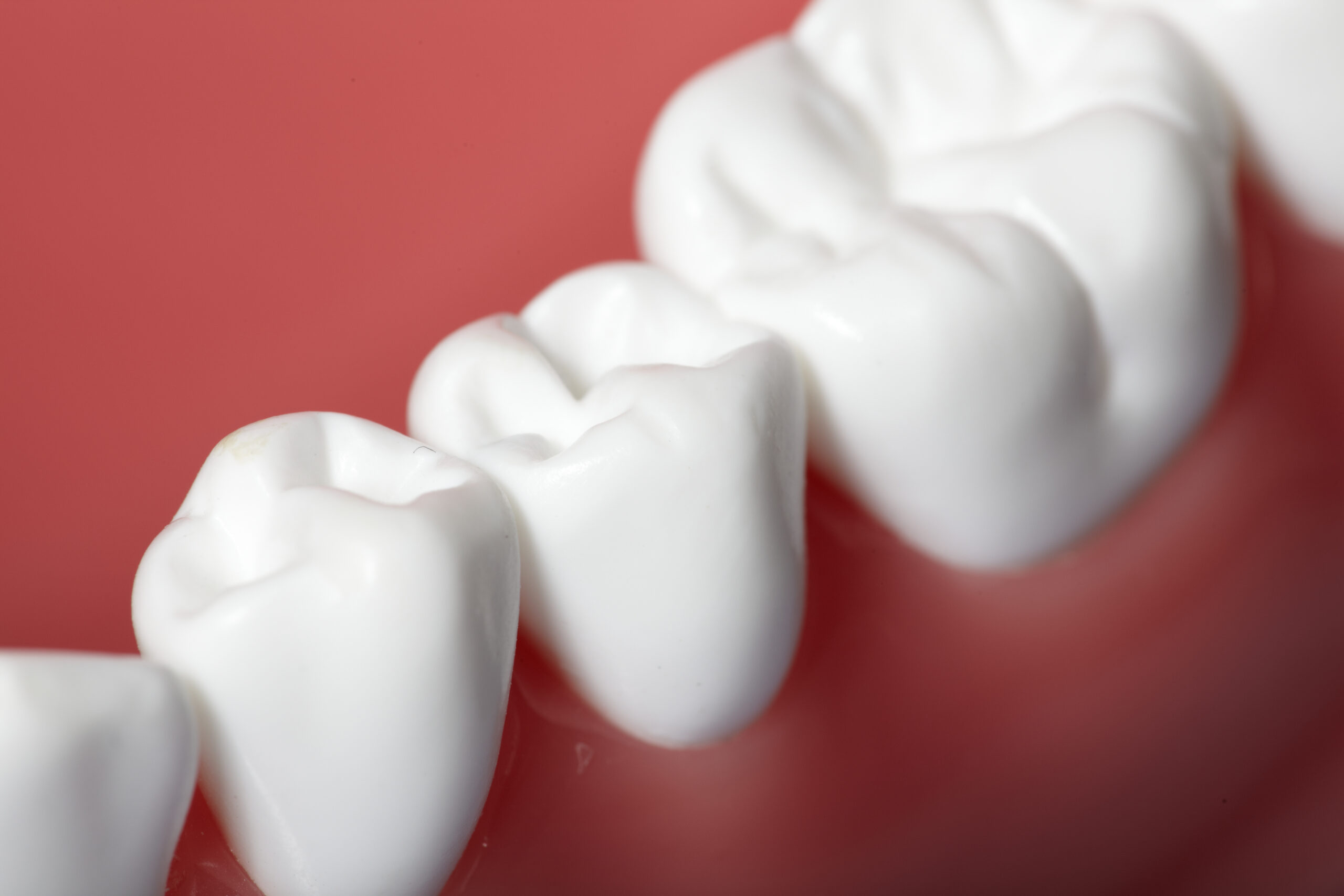Dental Disaster

The recent unpublished New Jersey Appellate Division case of Martinez v. Herbst addressed the liability of a dentist who allegedly breached the standard of care and harmed her patient during surgery. In Martinez v. Herbst, the Plaintiff alleged that Defendant, an oral and maxillofacial surgeon (OMS), was negligent in removing his wisdom teeth.
In particular, Plaintiff claimed that Defendant severed his lingual nerve during the operation, resulting in lost of taste and sensation and pain. At trial, Plaintiff sought to introduce expert testimony from a general dentist certified as a dental surgeon. The expert was trained in wisdom teeth extraction. Moreover, the expert testified that, based on his experienced, Defendant had deviated from the acceptable standard of care in performing the operation on Plaintiff.
The trial court found that Plaintiff’s expert was not qualified to testify as to the standard of care of an OMS and his expert opinion was without factual support. The trial court also found that a jury instruction regarding res ipsa loquitur was not appropriate in this case. Plaintiff contested these findings and motioned for a new trial.
On appeal, the Appellate Division first addressed Plaintiff’s contention that he was prejudiced when the lower court found that his expert was not qualified to testify to the standard of care of an OMS. The court noted that in medical malpractice cases, any professional experienced with the circumstances at issue can testify as an expert, even if the two practitioners do not practice in the exact same field. See Rosenberg v. Cahill, 99 N.J. 318, 331-32 (1985). Thus, the Appellate Division found the trial court had erred. Plaintiff’s expert possessed sufficient knowledge of wisdom tooth extraction to offer his expert opinion. In particular, in a footnote, the court pointed out that there is no requirement for dental experts in medical malpractice cases to be a part of the same specialty, as there is for medical experts.
The Appellate Division also found that Plaintiff’s expert’s opinion was supported by personal observation and data, and thus, was grounded in sufficient facts. See Townsend v. Pierre, slip op. at 18-19. The court stated that he offered testimony based on his personal experience and it was irrelevant that he did not have “personal knowledge” of Plaintiff’s surgery.
The Appellate Division left open the question as to whether Plaintiff was entitled to have the jury instructed on res ipsa loquitor, the doctrine that provides liability in situations where the harm does not typically occur without negligence. Rather, it left this decision up to the trial court because it was remanding for a new trial. The court did, however, opine on the application of “conditional res ipsa,” where a jury would be told to apply the res ipsa doctrine only if it found certain facts to be true.
Ultimately, this case is one that could be important for future plaintiffs seeking to gain redress for an injury caused by a dental professional. If you were harmed during a dental procedure, you may have a medical malpractice claim for compensation. Call Paul M. da Costa, Esq. at Sarno da Costa D’Aniello Maceri Webb LLC for help with your case. Contact us at 973-274-5200.


